On the 17th May, ISC (ArtEZ International Student Society) and Stories of Roots collaborated to organise an event “Stories of Ugly Food”, where everyone was welcomed to exchange “ugly” food from their countries of origin and share their stories associated with the food/dish. The backgrounds of the participants were diverse! such as South Korea, Romania, South Africa, The Netherlands, China, Greece, Bulgaria, Japan, and Estonia. The event was aimed to enhance intercultural understanding and make good connections between students.
*Ugly food: food or dish you are familiar with and brings back some memories. The food or dish you consider ugly in terms of the memory you have with, or just simply ugly smell, looks, touch, or taste. We individually brought some food/ dish that they think ugly.
So, what did we actually do at the event?
The participants were invited to SMELL the food/dish firstly, then share what they felt or recalled from the food/dish. The memory of travel, mum, childhood, school, the first experience of the Netherlands..happy and painful memories. They also TASTED the dish afterwards and associated with the memories.
This activity was aimed to stimulate their sensory to observe the materials and themselves. It was important as the first step towards intercultural understanding. Activating their sensory and eliciting the feelings is significant to do at first since the feelings are usually authentic. Authenticity is essential and powerful to enhance understanding.
There were many interesting stories. It was not only to know the personal memory but also to think cultural differences and issues in the world.
For example, one dish reminded one Korean student of her middle school. She was forced to eat food provided as their lunch by the school. The teacher forced and watched the students until they finish the food. I - as a Japanese - could resonate with the story. There was an oppression in education.
Sharing the memory has different layers of sharing. Sharing the feelings could point out an issue in the society and could evoke EMPATHY.
We moved on to making onigiri, which is a Japanese rice ball filled with different ingredients. It was an invitation for them to express themselves, in another word, transform their experience of exploring the stories into visible art work with food. With the materials/ingredients, people started to make their own food based on their experience. They shared the concept and its reason each other and enjoyed eating together. To close the event, we finally shared what the food/dish was and why they brought it as an ugly food.
In sensory, memory, or eating and making, there is no hierarchy or right/wrong answer but it allows people be themselves and to express themselves.
“when we stay with empathy, we allow speakers to touch deeper levels of themselves.”*2 I believe that in order to enhance intercultural understanding, empathy is the key. The key to take actions, shift people’s perspectives.
Through using body/mind/sensory, and making and eating, people explore themselves and enhance empathy. People will embrace relational, cultural and symbolic values of identities of yourself as well as others. I believe that knowing and sharing the stories will reconnect and change the world.
Some of the participants comments can be found on our facebook page: https://
www.facebook.com/groups/artez.isc/
We will organise more events for intercultural understanding and connections! See you there! :)
We will organise more events for intercultural understanding and connections! See you there! :)
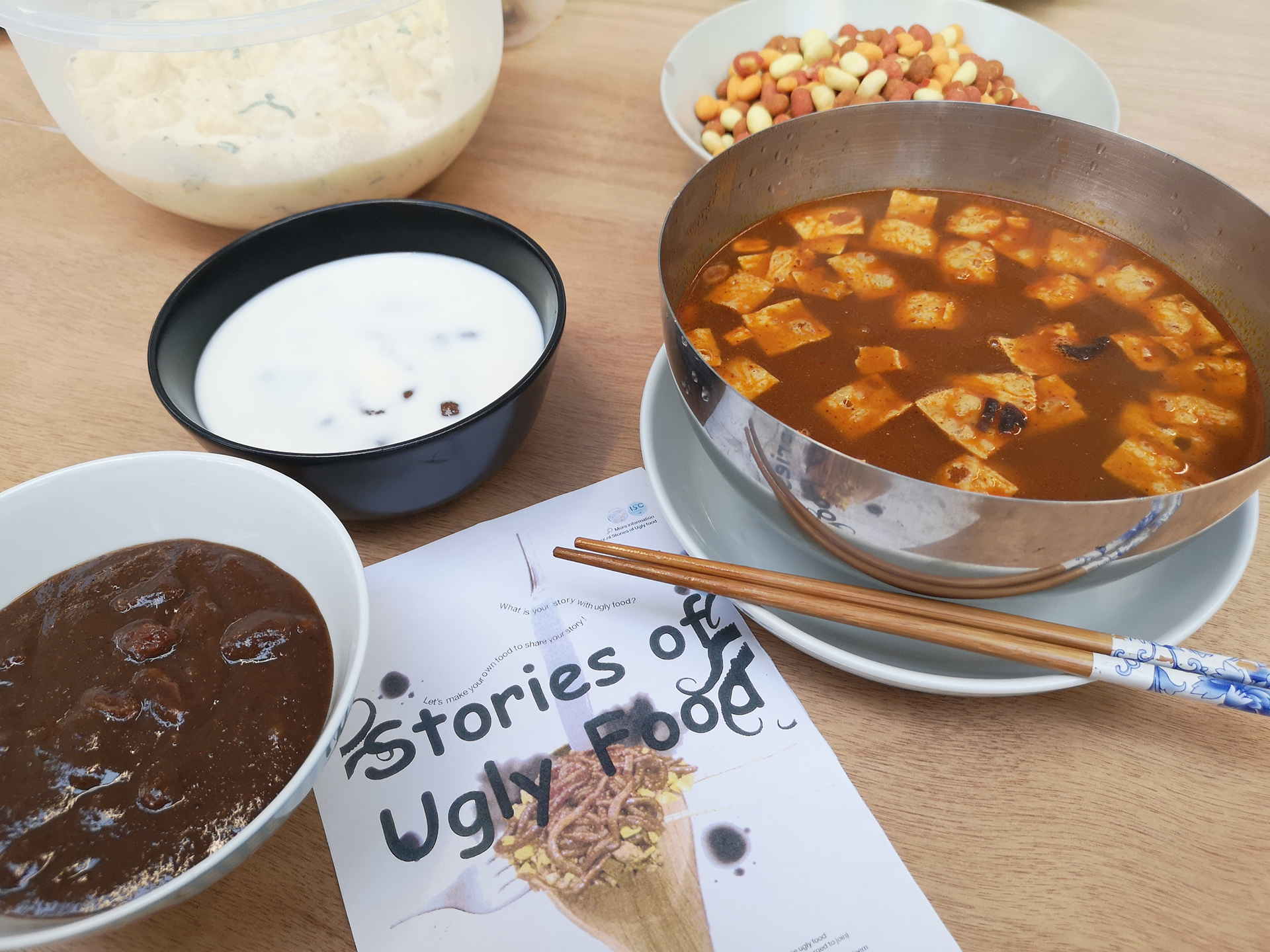

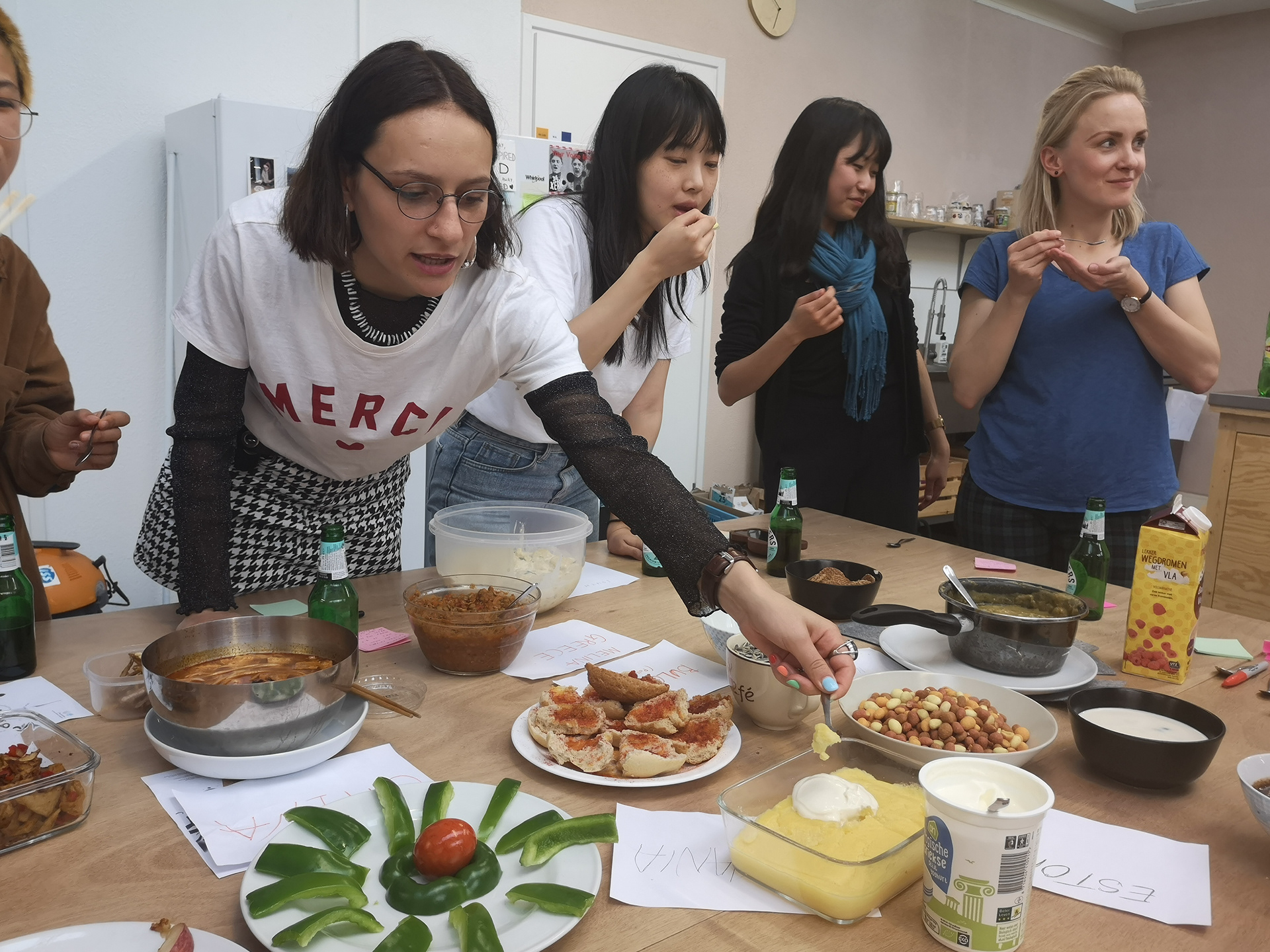
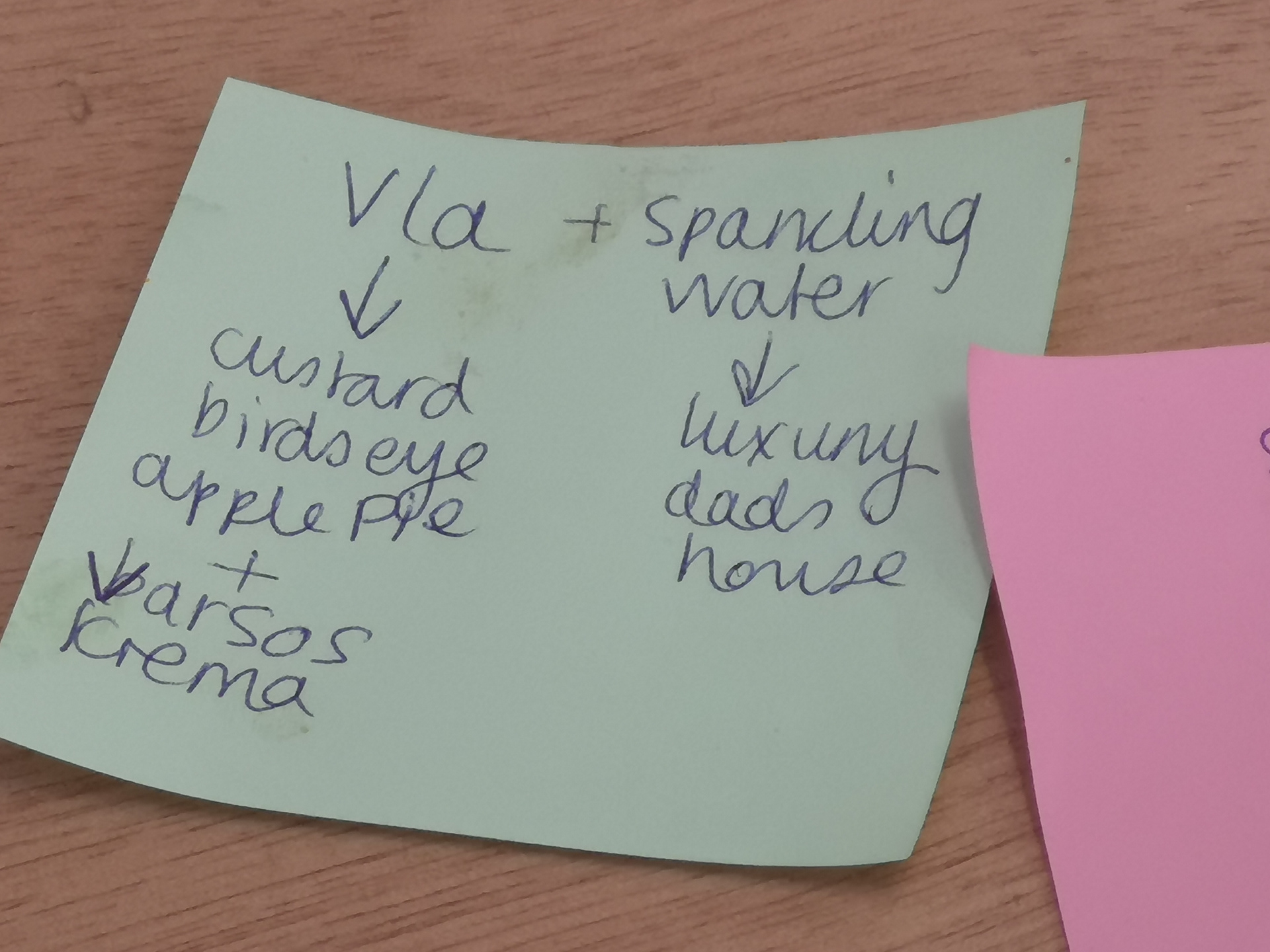

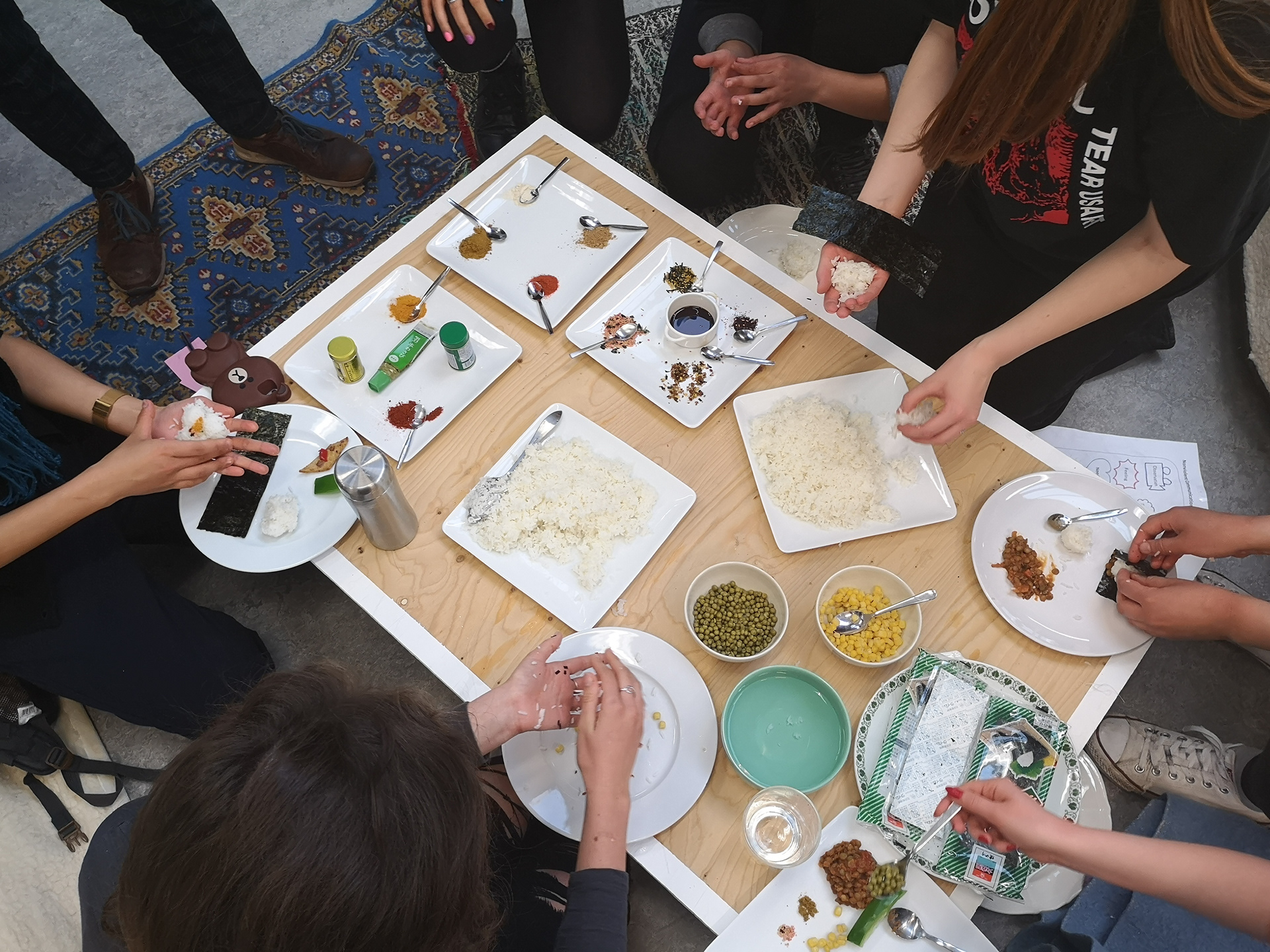
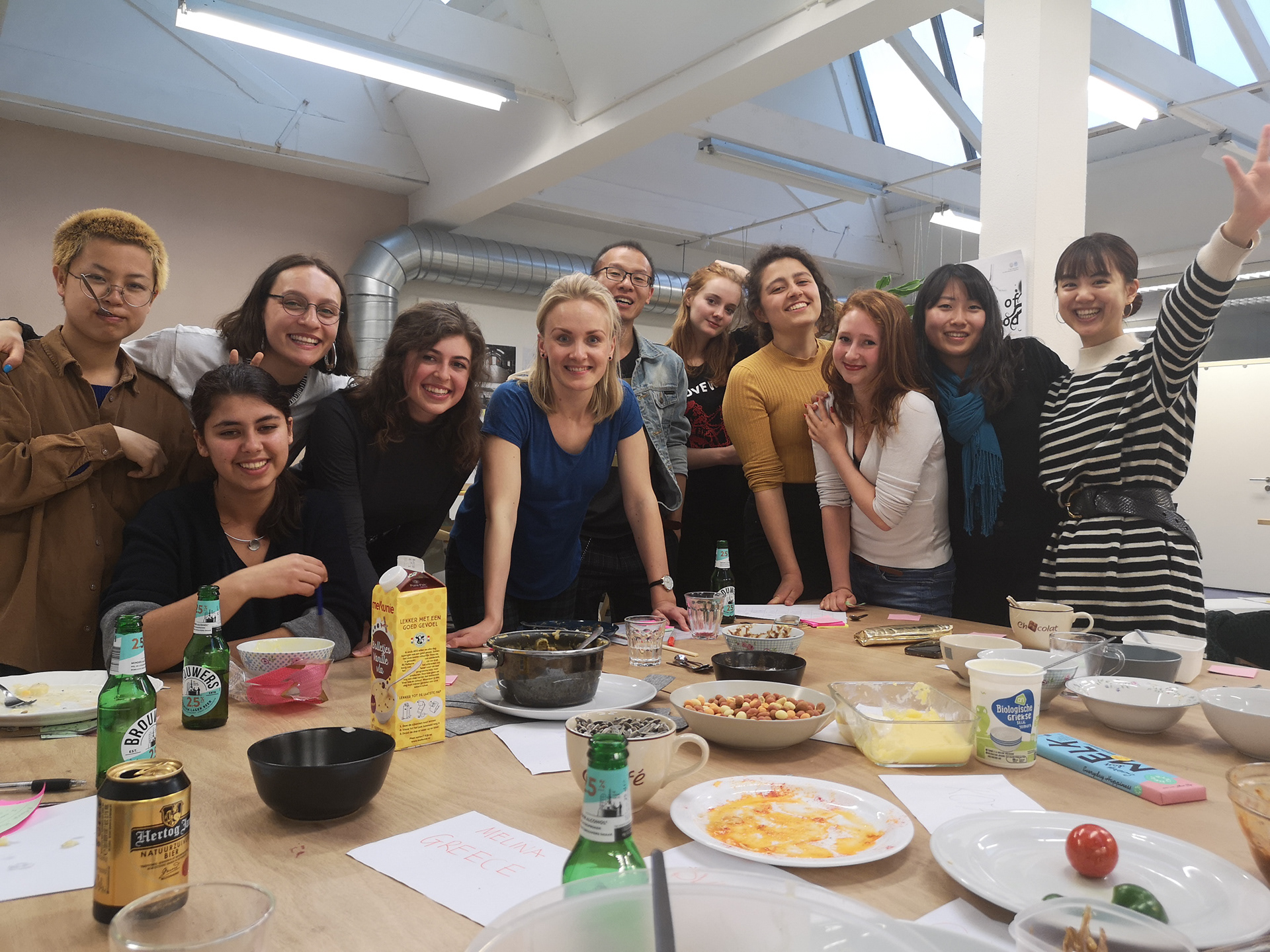
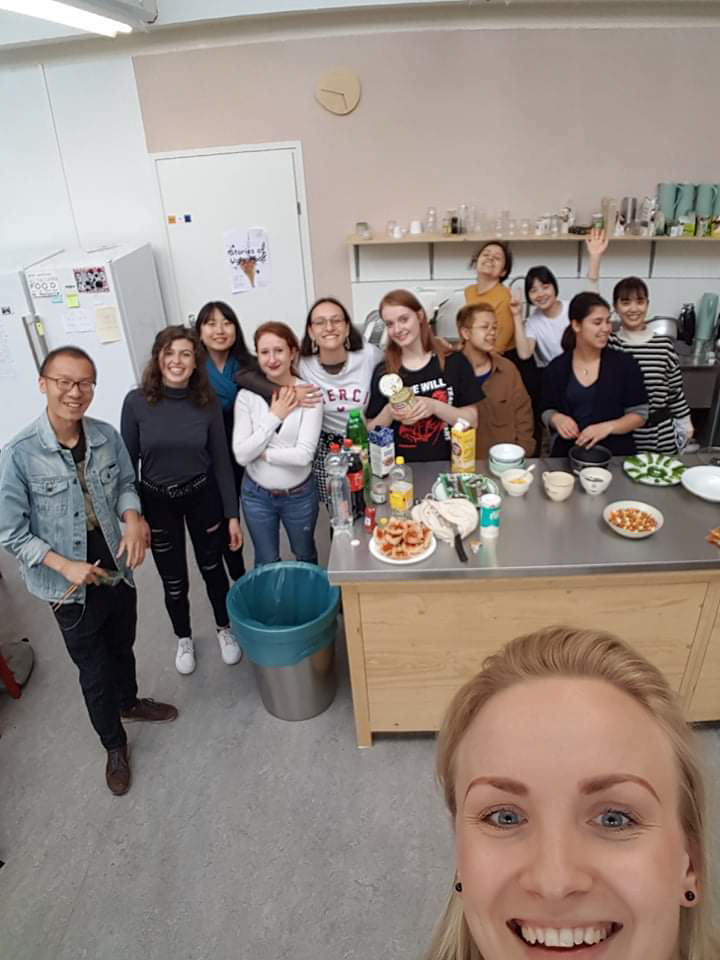
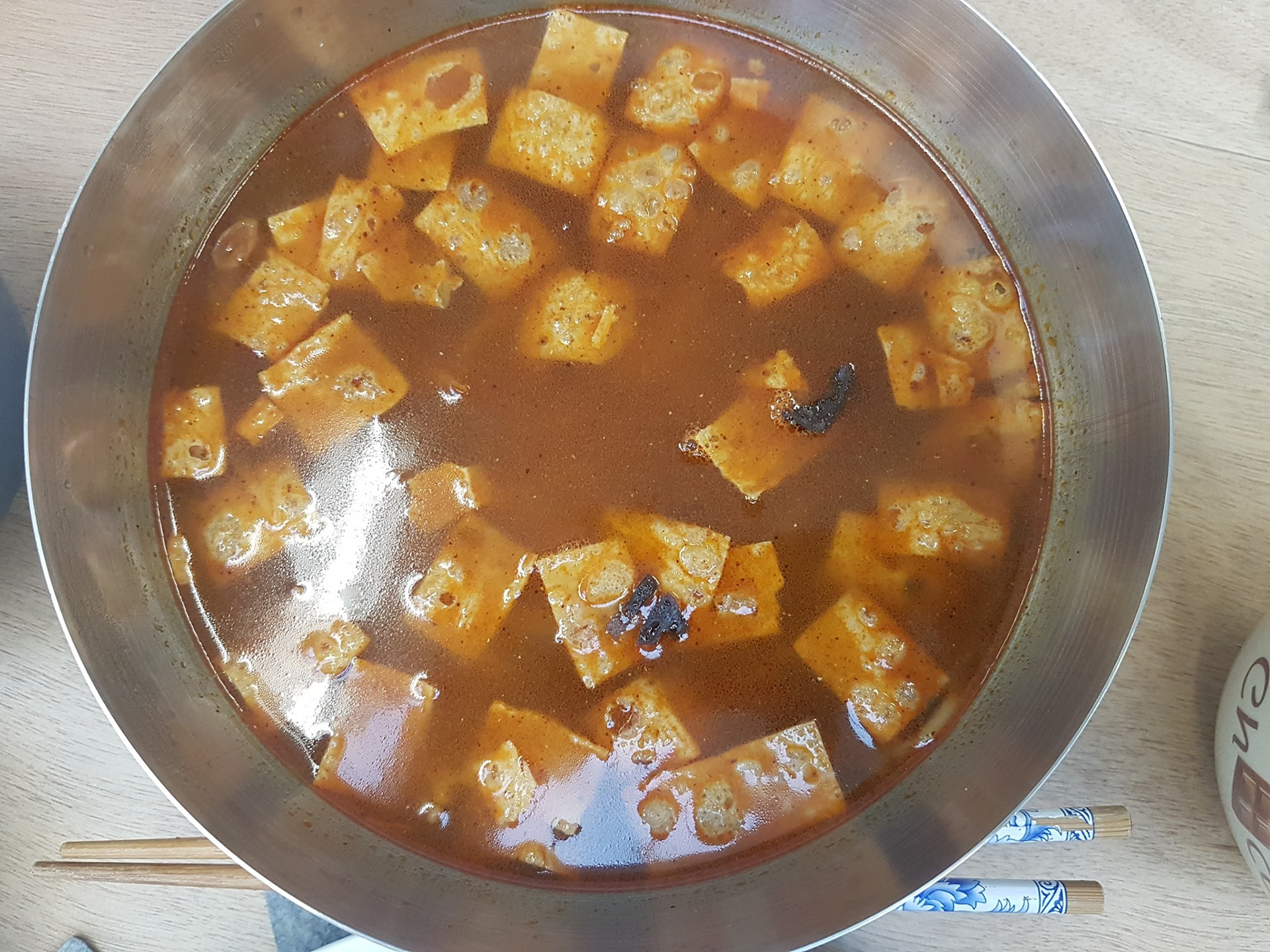
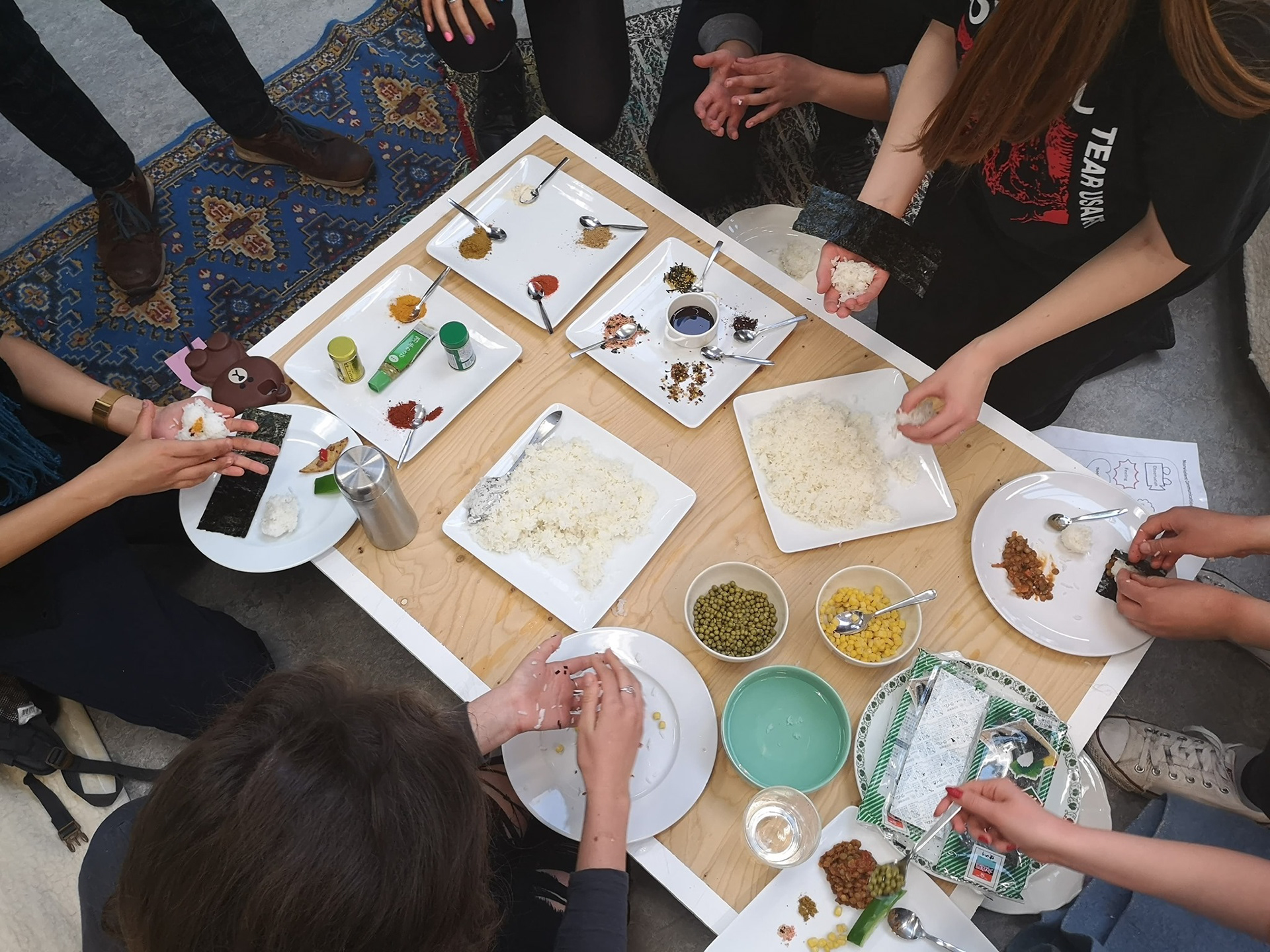
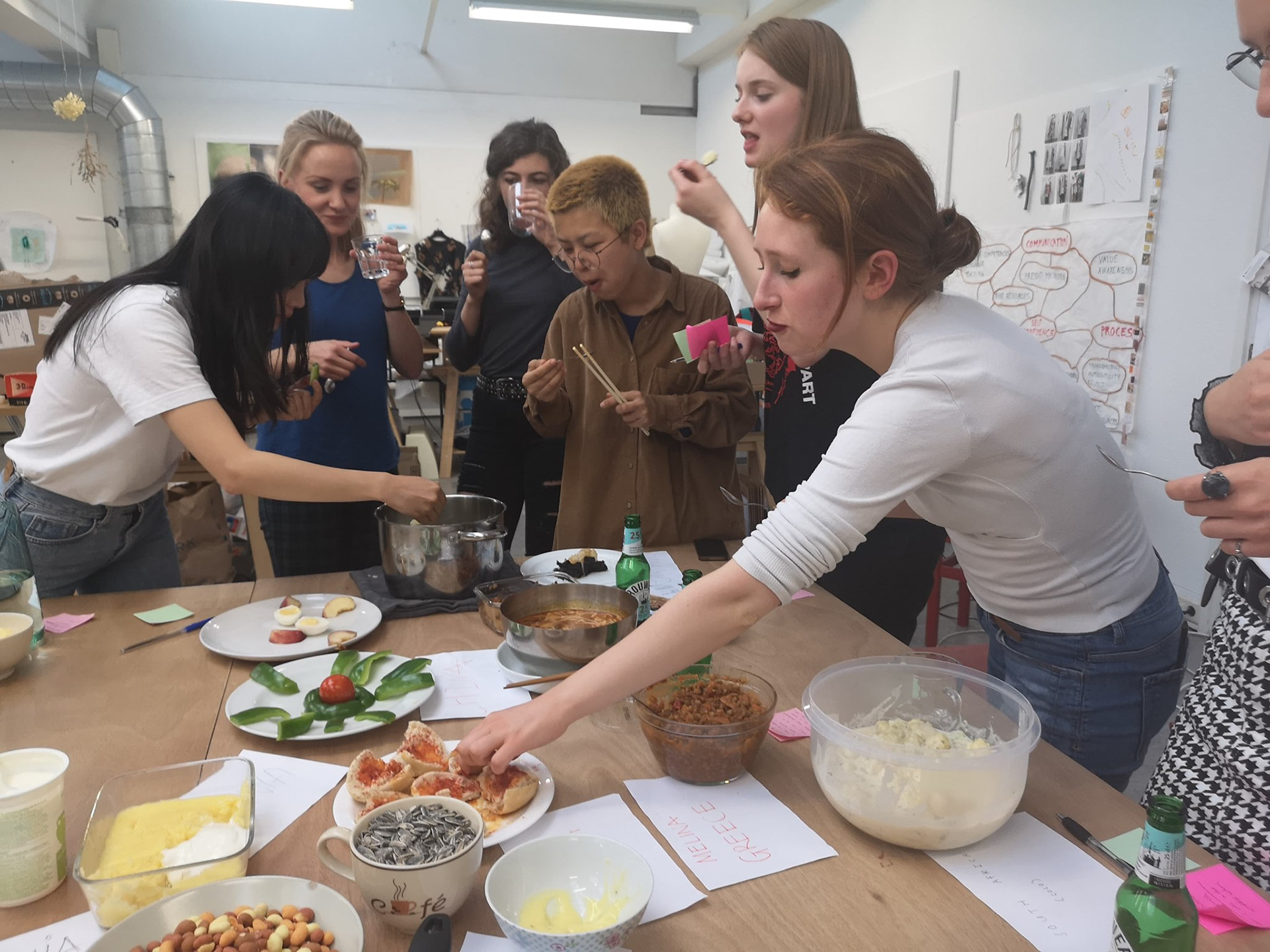

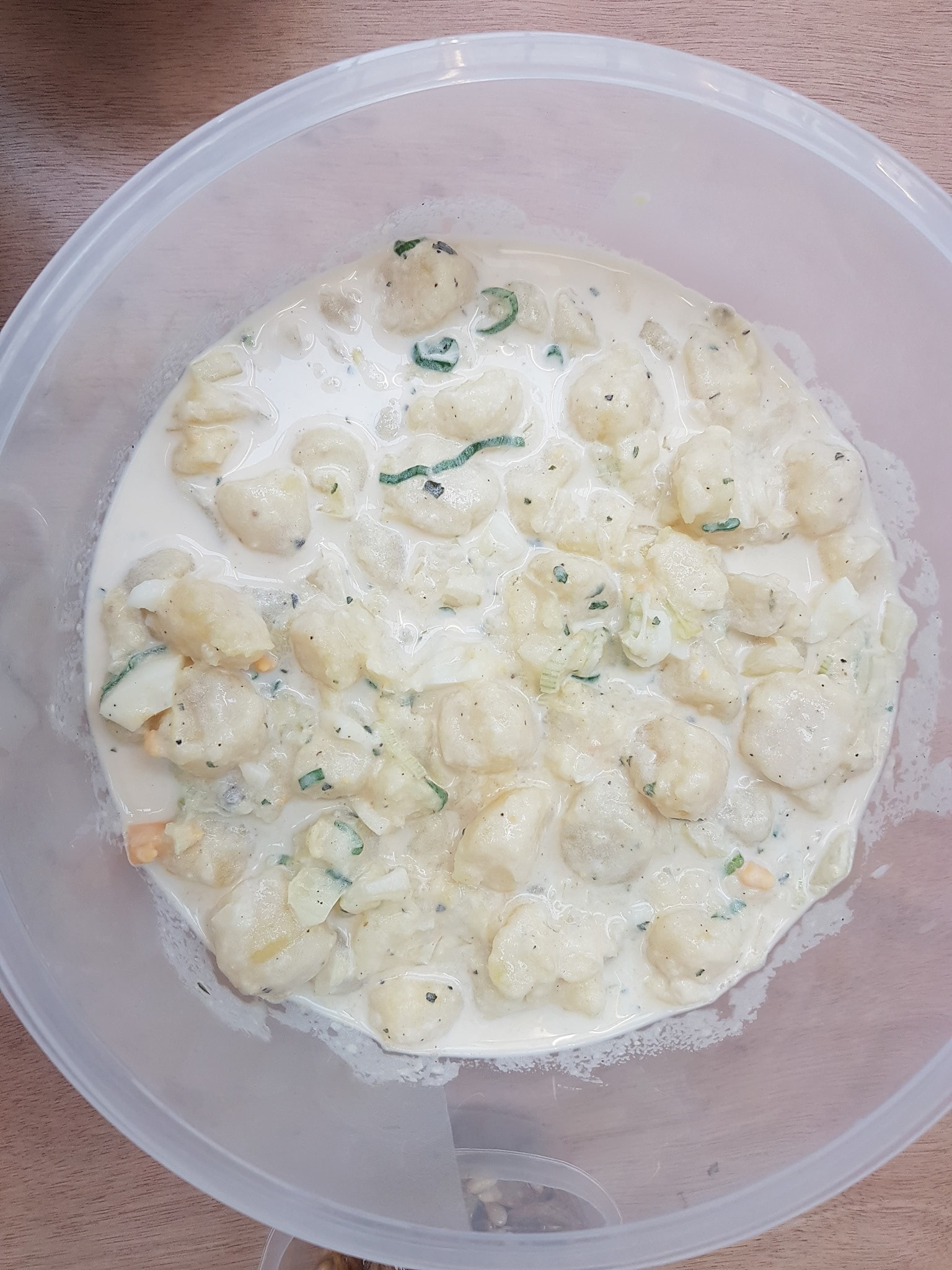

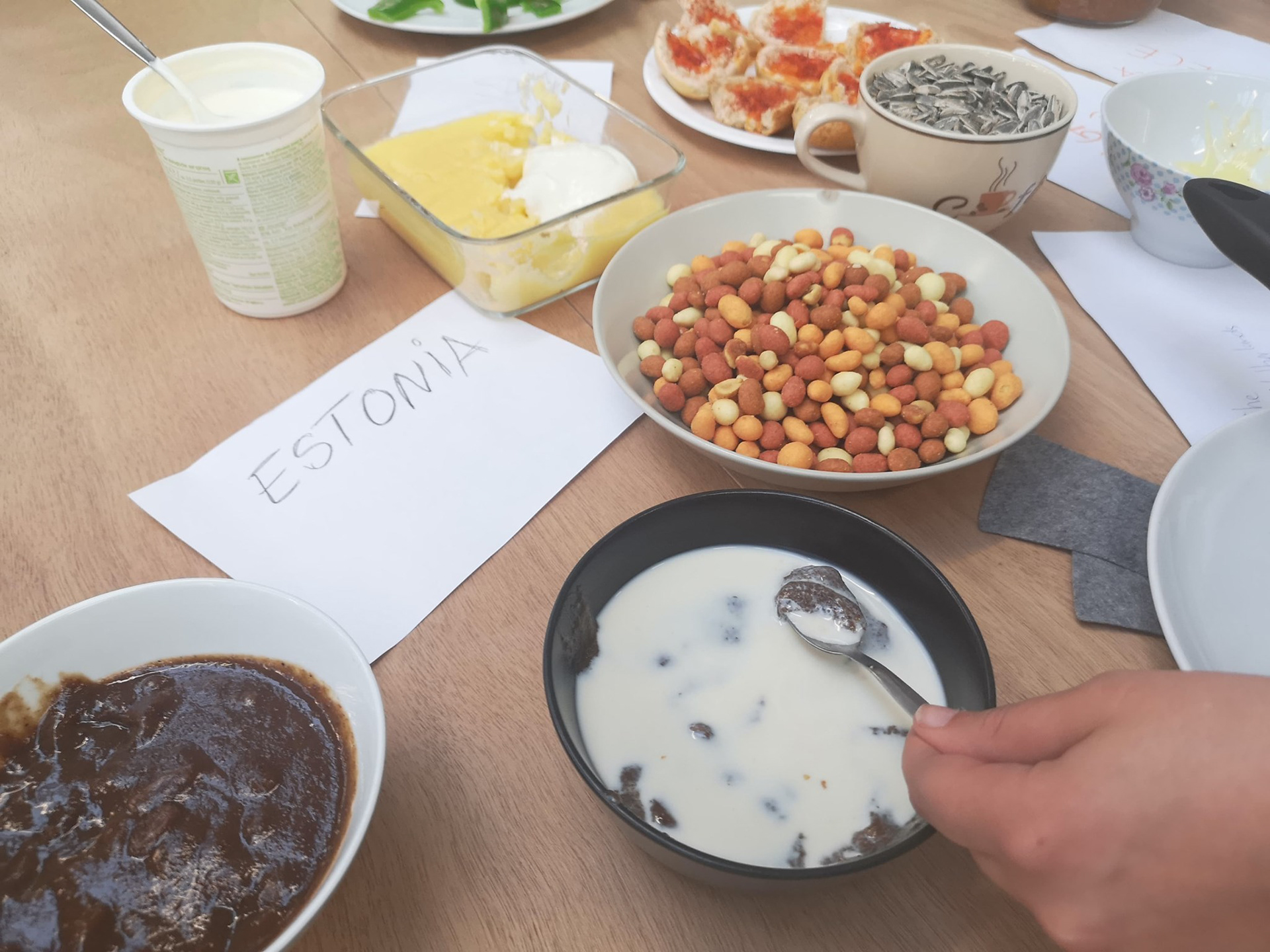
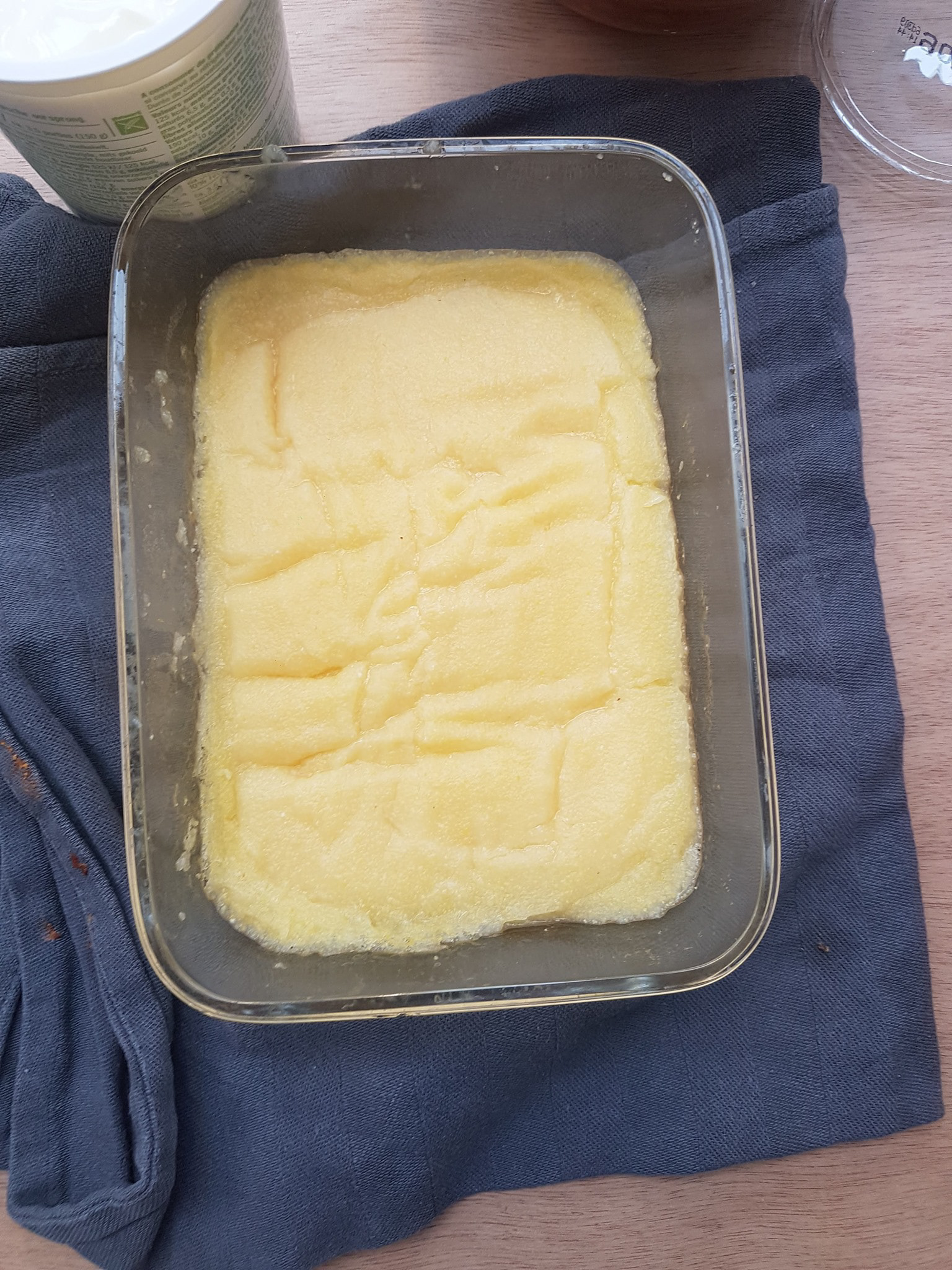


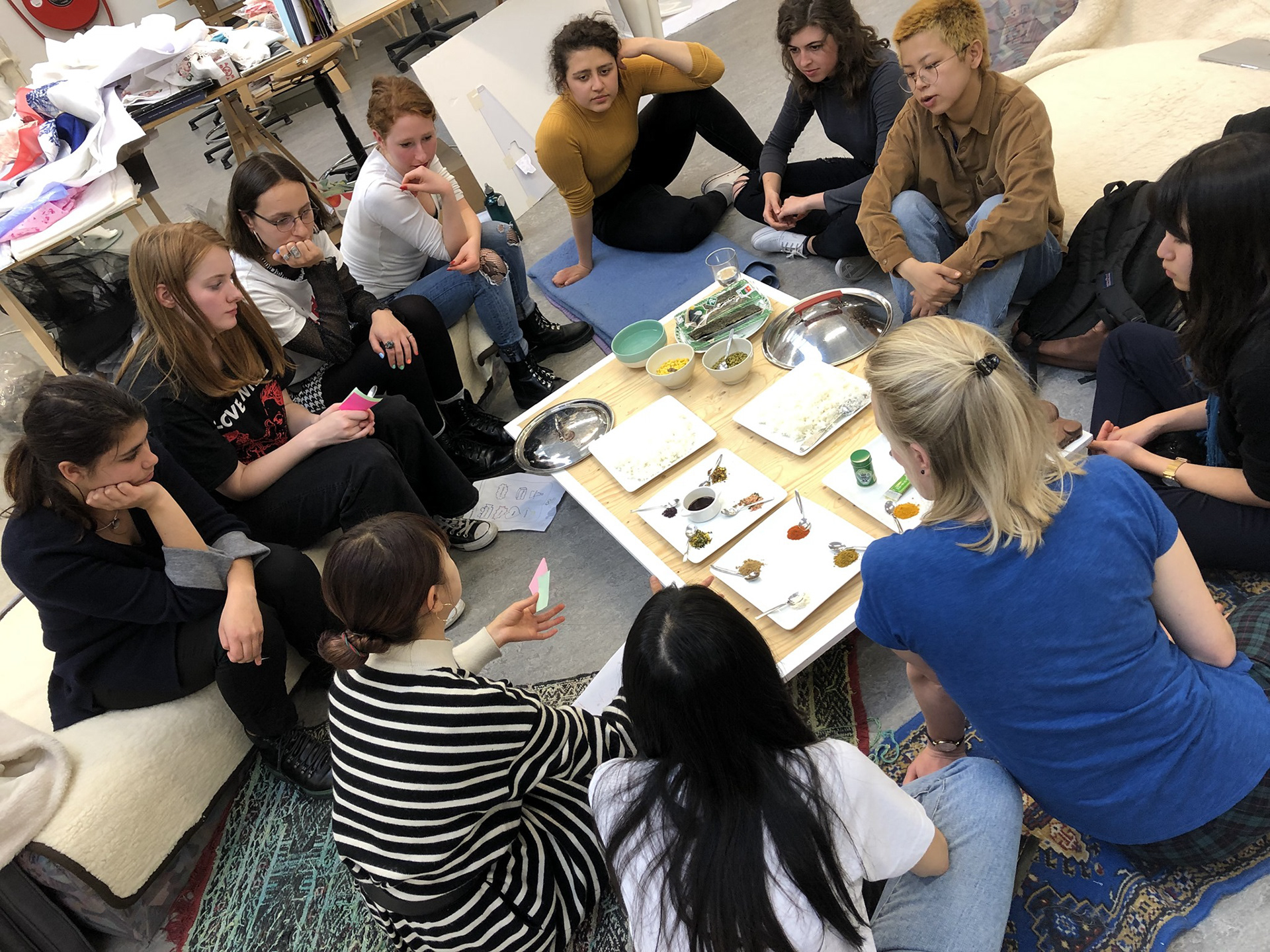

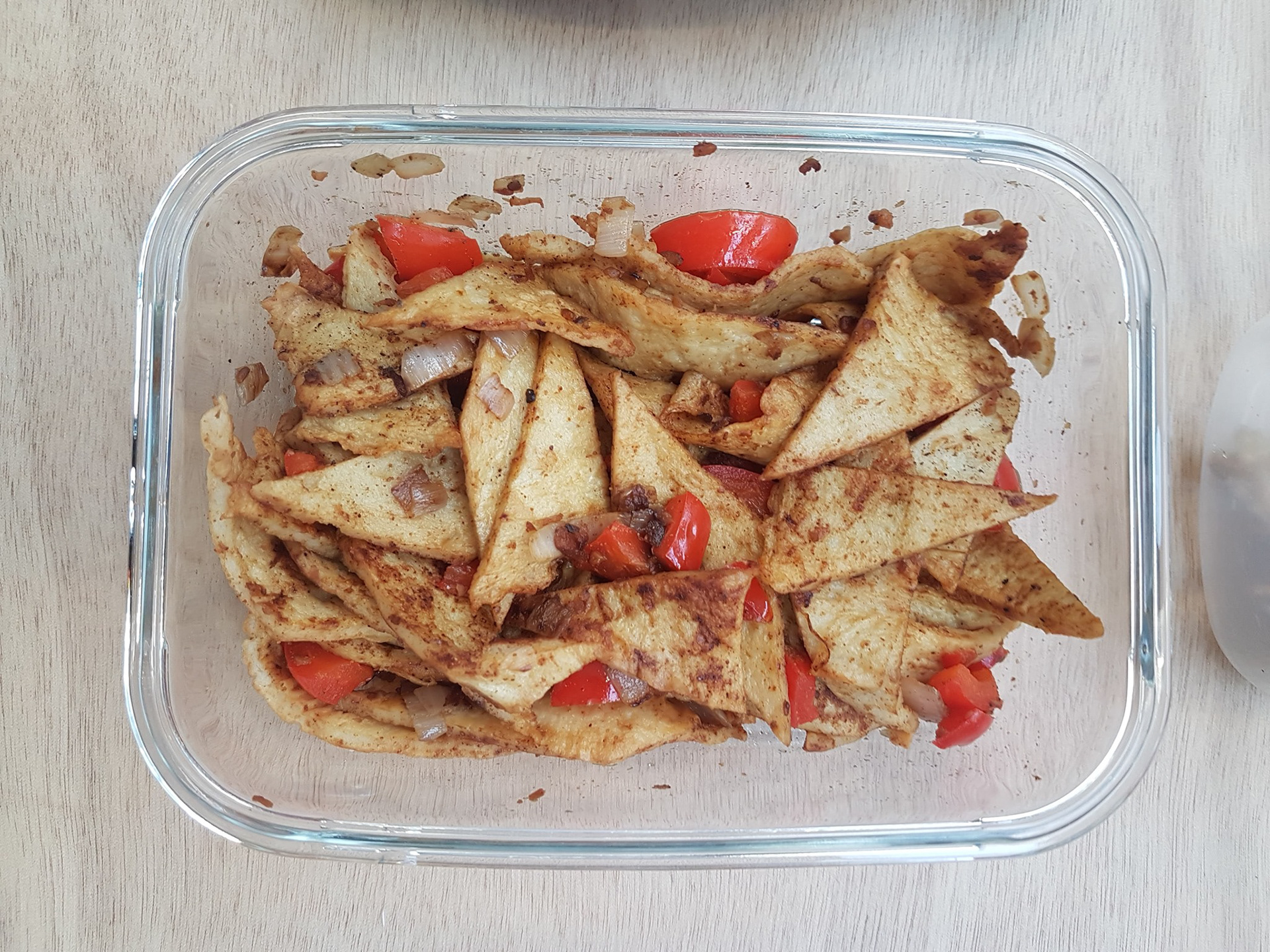
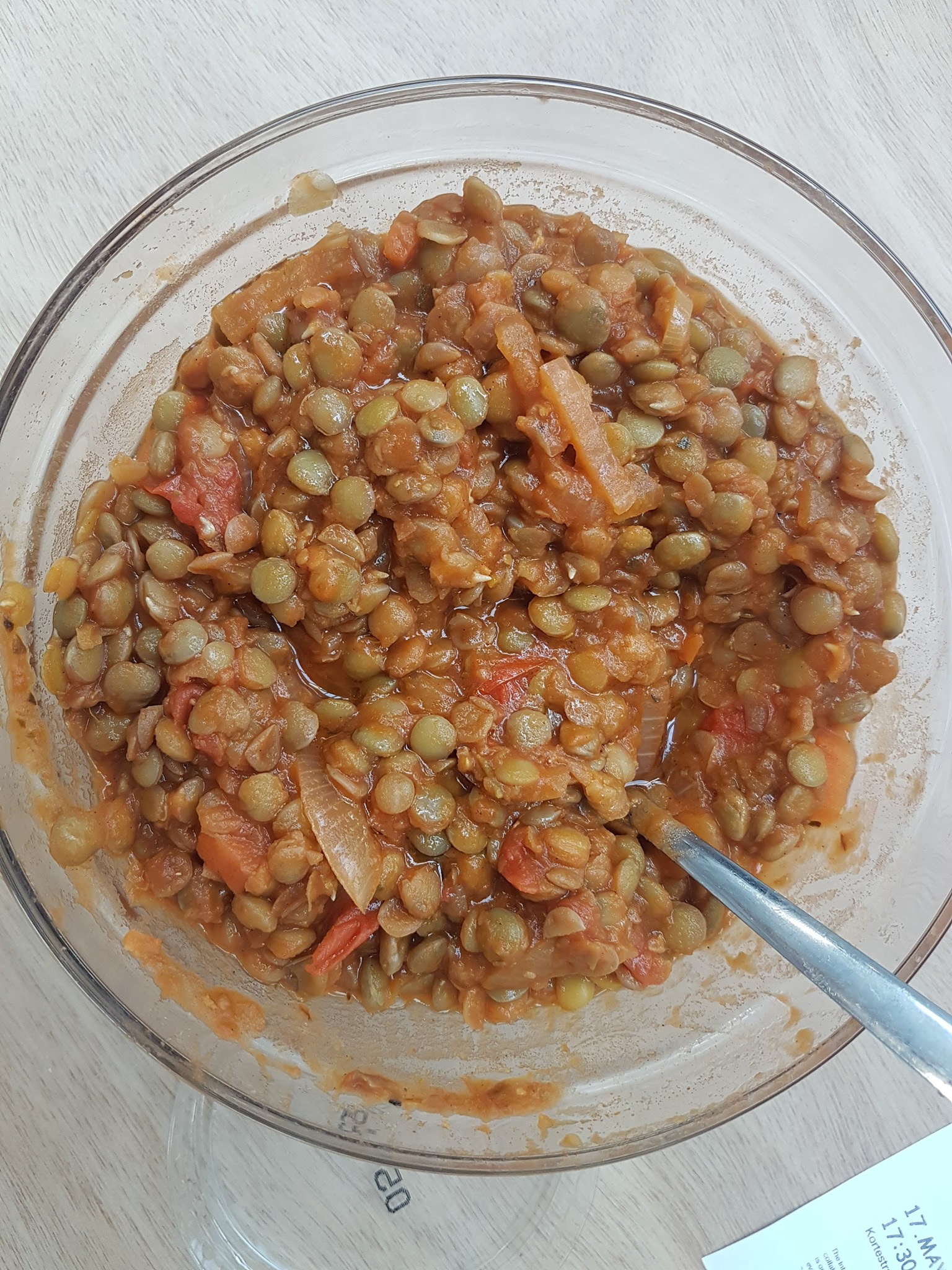
*1 Stories of Roots:
(*SoR) Stories of Roots is an artists’ group who provides onigiri - a Japanese rice ball filled with various ingredients, and its workshop. SoR uses onigiri as a canvas for people to express their stories. As the stories are different in everyone, the receipt is never the same. More about stories of roots, check instagram: https://www.instagram.com/storiesofroots/
(*SoR) Stories of Roots is an artists’ group who provides onigiri - a Japanese rice ball filled with various ingredients, and its workshop. SoR uses onigiri as a canvas for people to express their stories. As the stories are different in everyone, the receipt is never the same. More about stories of roots, check instagram: https://www.instagram.com/storiesofroots/
*2 Rosenberg Marshall B. (2015) Nonviolent Communication, p102. Encitas, United States.